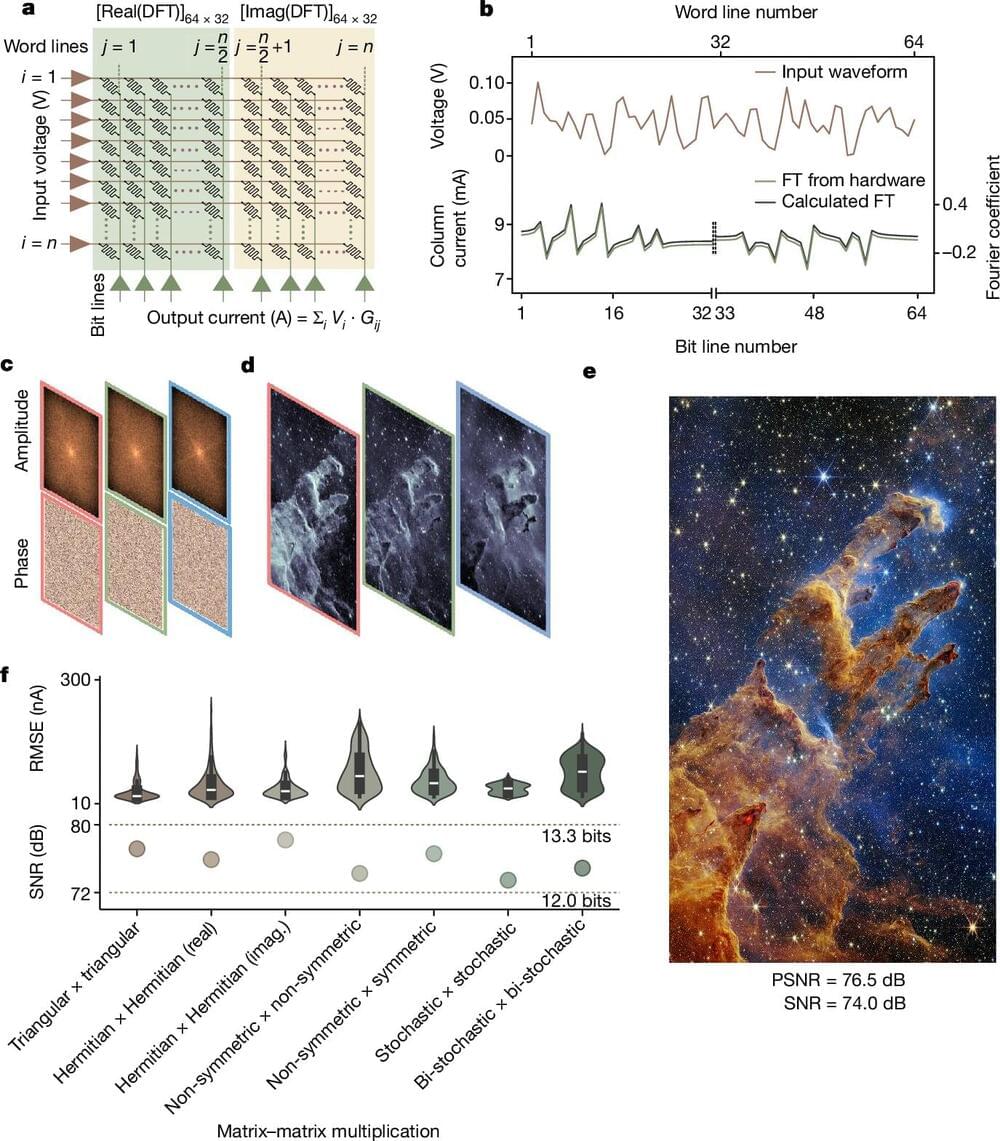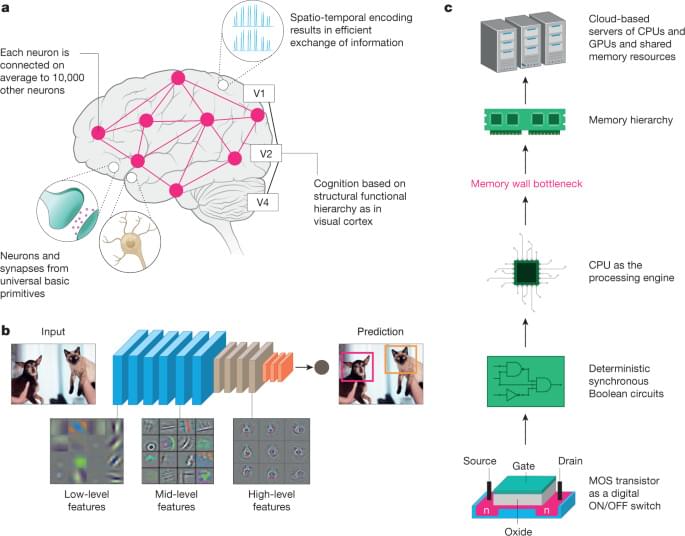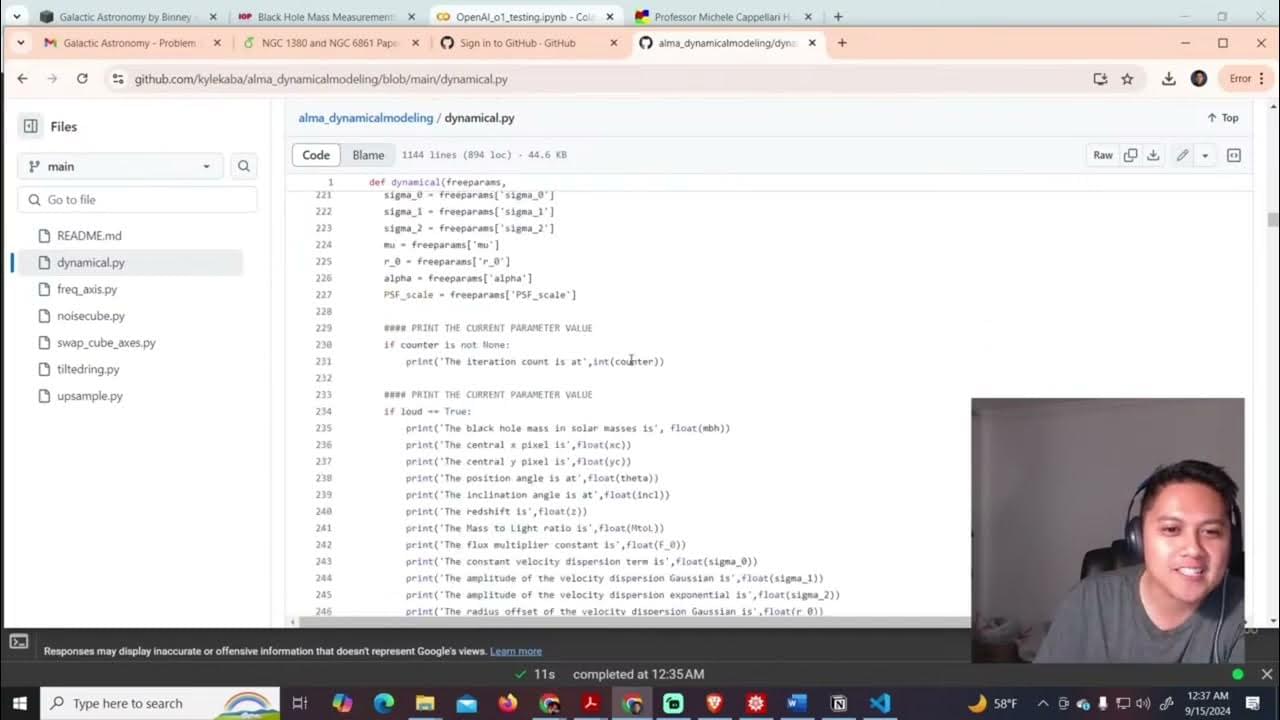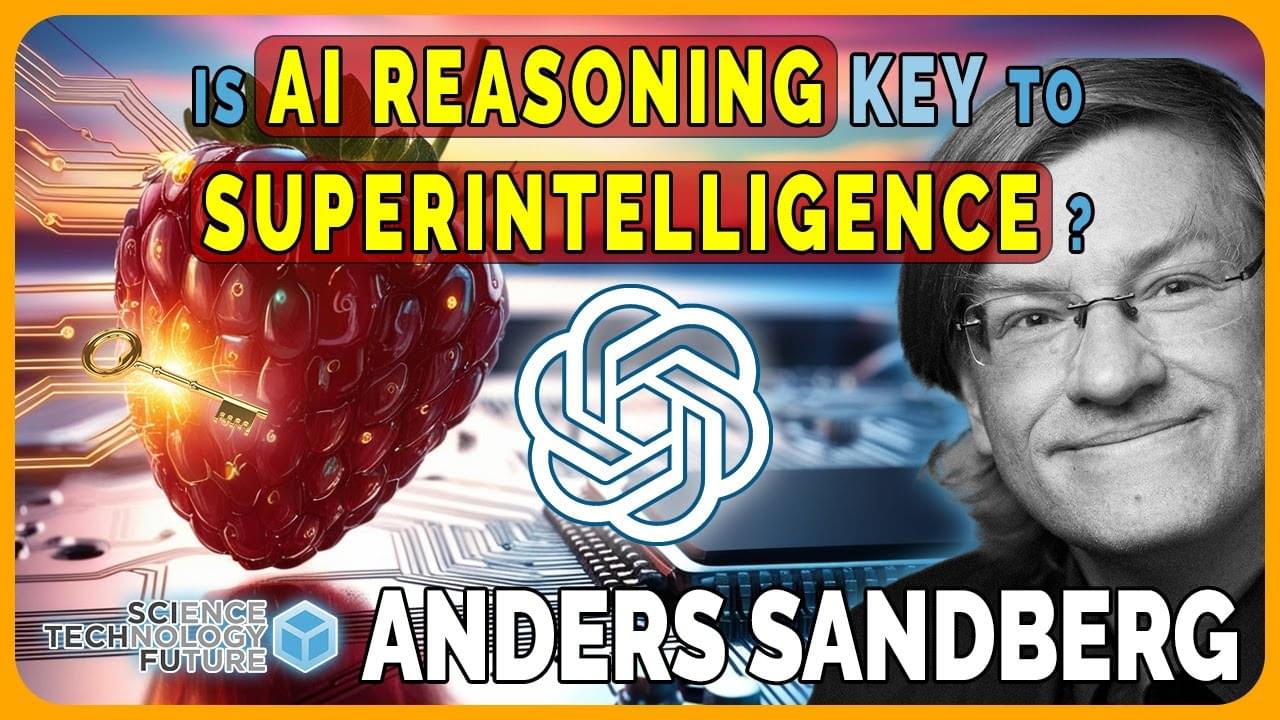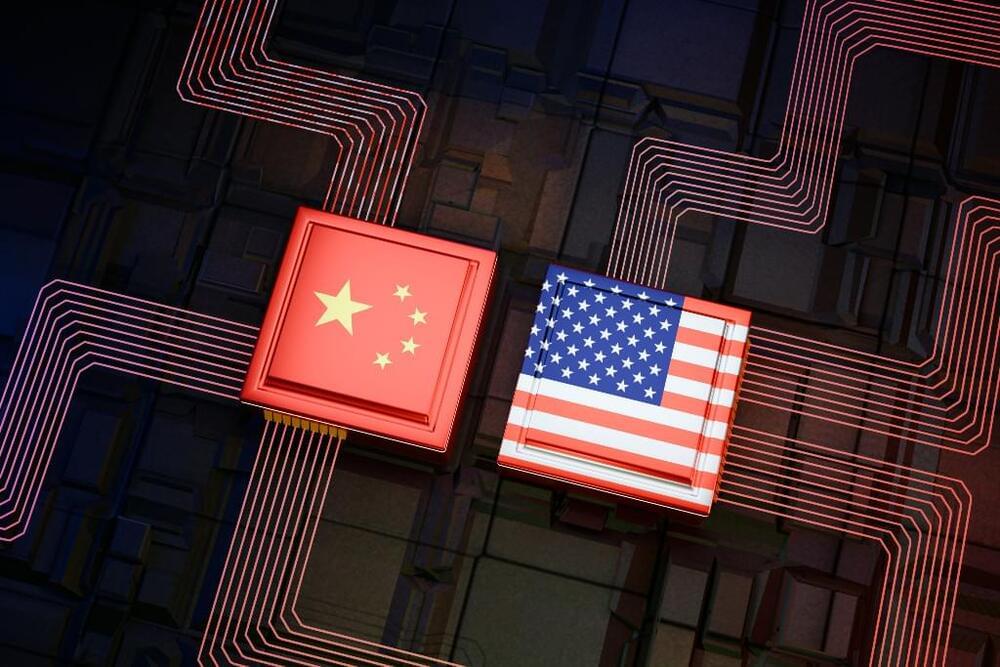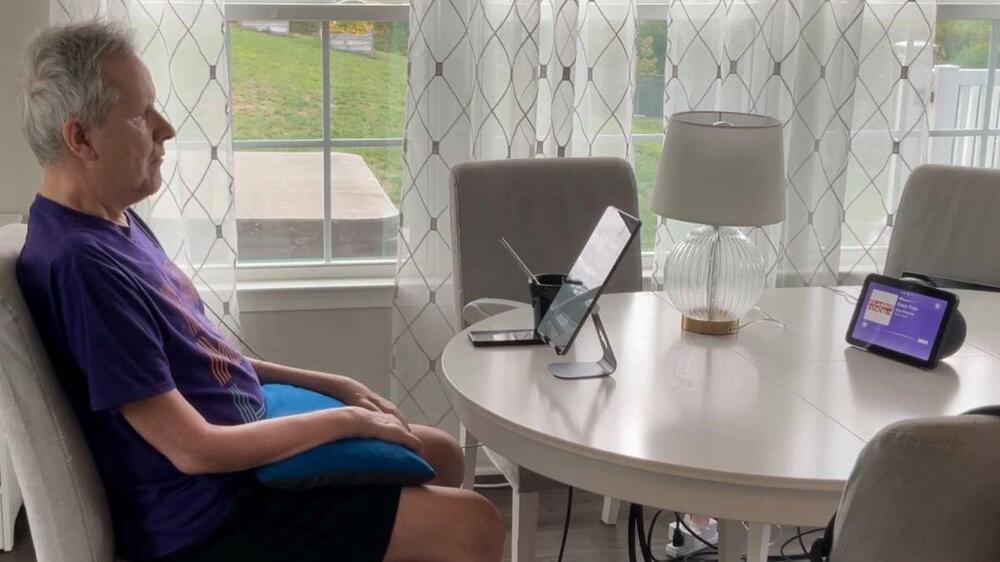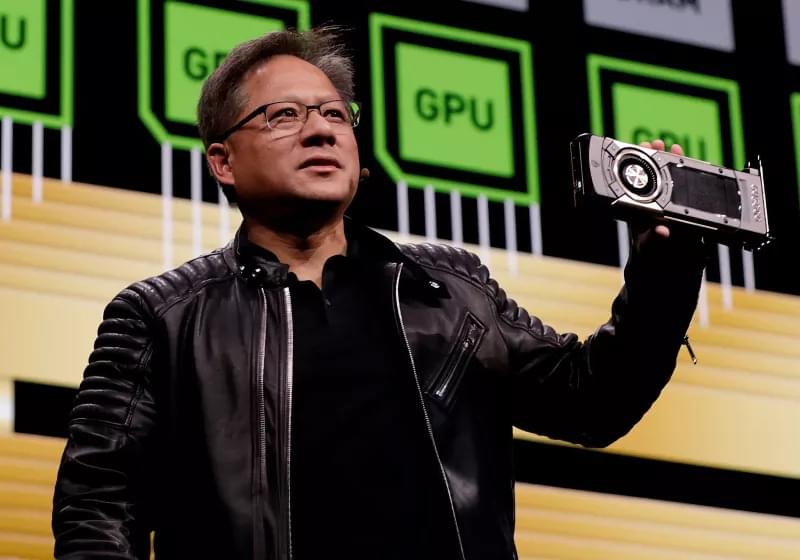Sep 18, 2024
Neuromorphic platform presents significant leap forward in computing efficiency
Posted by Dan Breeden in categories: mobile phones, robotics/AI
Researchers at the Indian Institute of Science (IISc) have developed a brain-inspired analog computing platform capable of storing and processing data in an astonishing 16,500 conductance states within a molecular film. Published today in the journal Nature, this breakthrough represents a huge step forward over traditional digital computers in which data storage and processing are limited to just two states.
Such a platform could potentially bring complex AI tasks, like training Large Language Models (LLMs), to personal devices like laptops and smartphones, thus taking us closer to democratizing the development of AI tools. These developments are currently restricted to resource-heavy data centers, due to a lack of energy-efficient hardware. With silicon electronics nearing saturation, designing brain-inspired accelerators that can work alongside silicon chips to deliver faster, more efficient AI is also becoming crucial.
“Neuromorphic computing has had its fair share of unsolved challenges for over a decade,” explains Sreetosh Goswami, Assistant Professor at the Centre for Nano Science and Engineering (CeNSE), IISc, who led the research team. “With this discovery, we have almost nailed the perfect system—a rare feat.”
